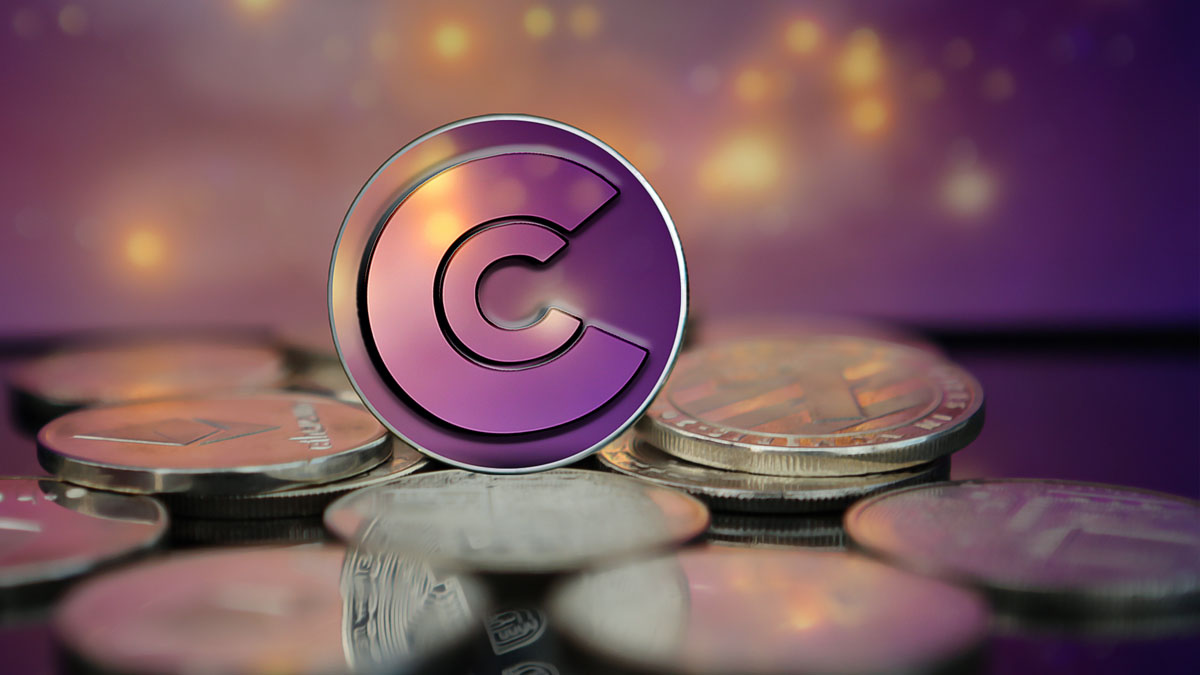The FTX token (FTT) continues to experience turbulence as it attempts to recover from the 2022 debacle. Sam Bankman-Fried, the founder of FTX, is currently awaiting trial in March. The token’s struggle is set against the backdrop of ongoing legal proceedings and bankruptcy processes.
FTX’s Bankruptcy Proceedings
FTX’s bankruptcy proceedings are underway, with a focus on treating customers equitably. The exchange is in the process of liquidating assets to settle with creditors, and plans to restart the exchange have been abandoned in favor of this approach. Customers are expected to be compensated based on the USD value of their assets during the time of trading.
Despite the challenges, the move to unify customer reimbursement has been seen as a positive step. The decision to compensate users based on the USD value of assets like Bitcoin, Ethereum, and Solana at specific past prices reflects months of negotiation with potential bidders and investors, none of whom were prepared to invest sufficiently to revive FTX.
FTX’s attorney confirmed the decision during a court hearing in Delaware. This decision could potentially set a new standard for handling bankruptcies and customer reimbursements within the cryptocurrency industry.
Interestingly, the FTX token price experienced a temporary surge of 42% following the news, indicating market reactions to the unfolding events. However, the price later retreated, emphasizing the token’s volatility and uncertain future.
Technical analysis suggests that the FTT token price is at risk of further decline, trapped between key moving averages. Indicators like the RSI, AO, and MACD support a bearish outlook, although there remains a chance for a bullish reversal if buyers step in at perceived low levels.













